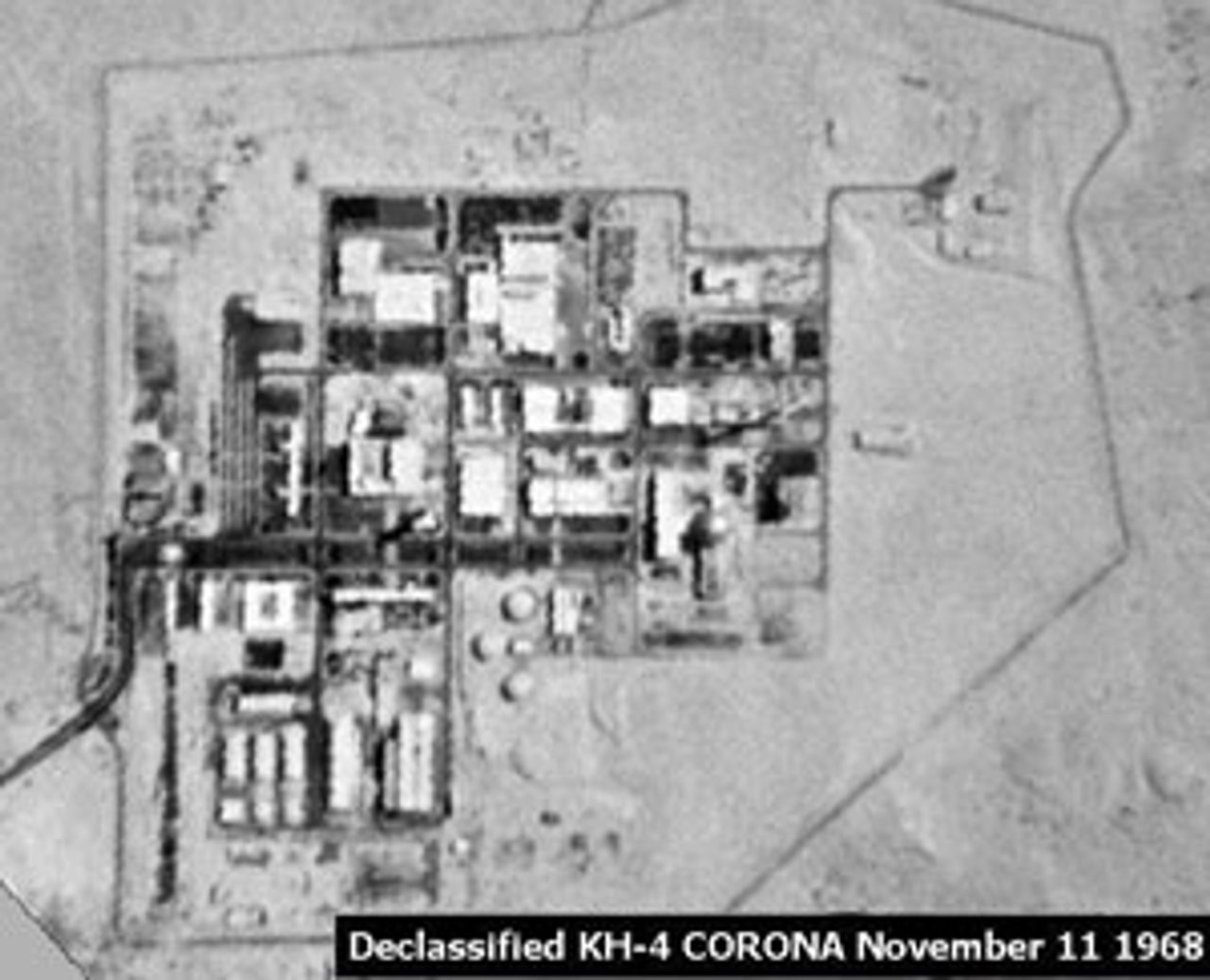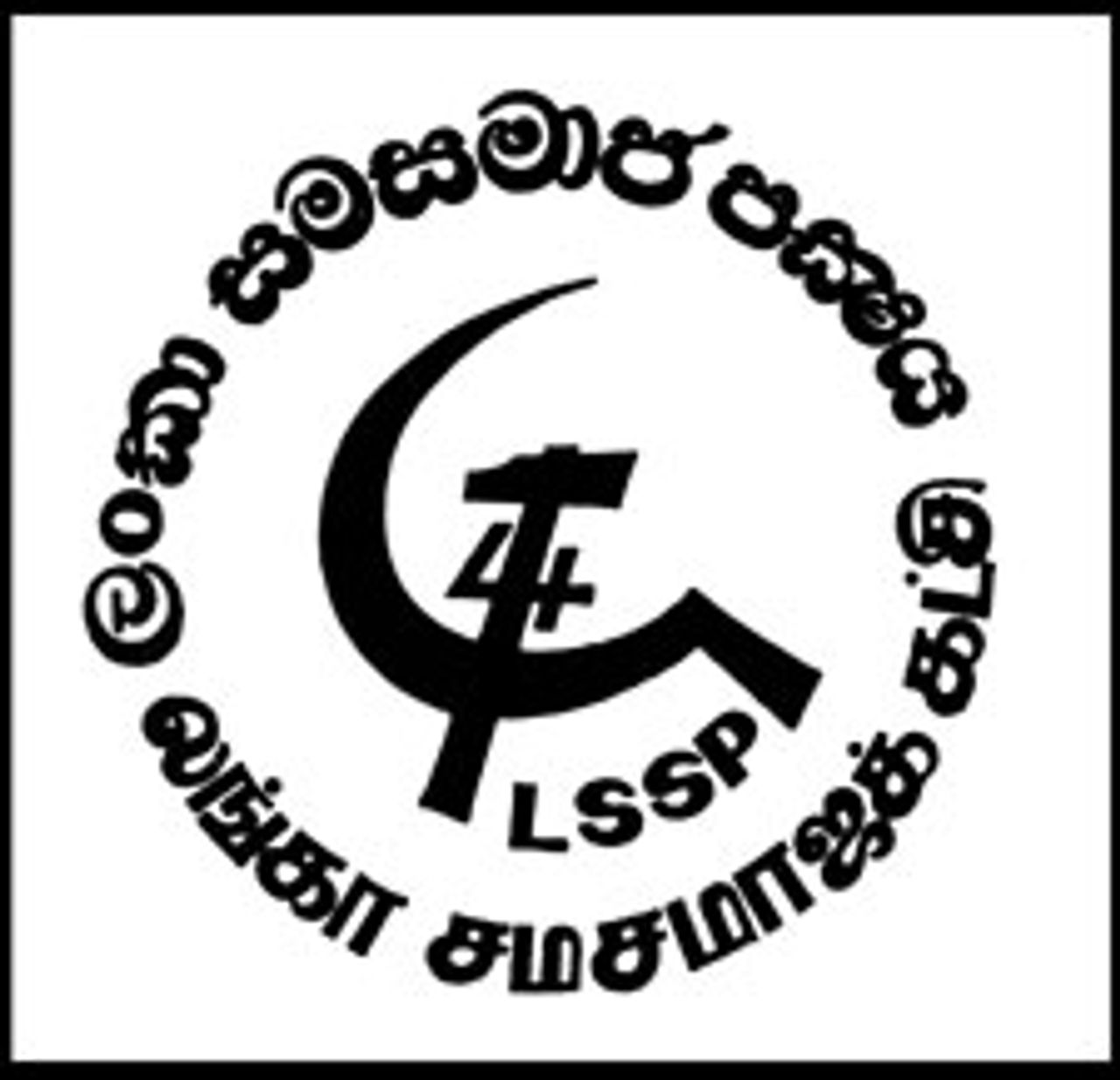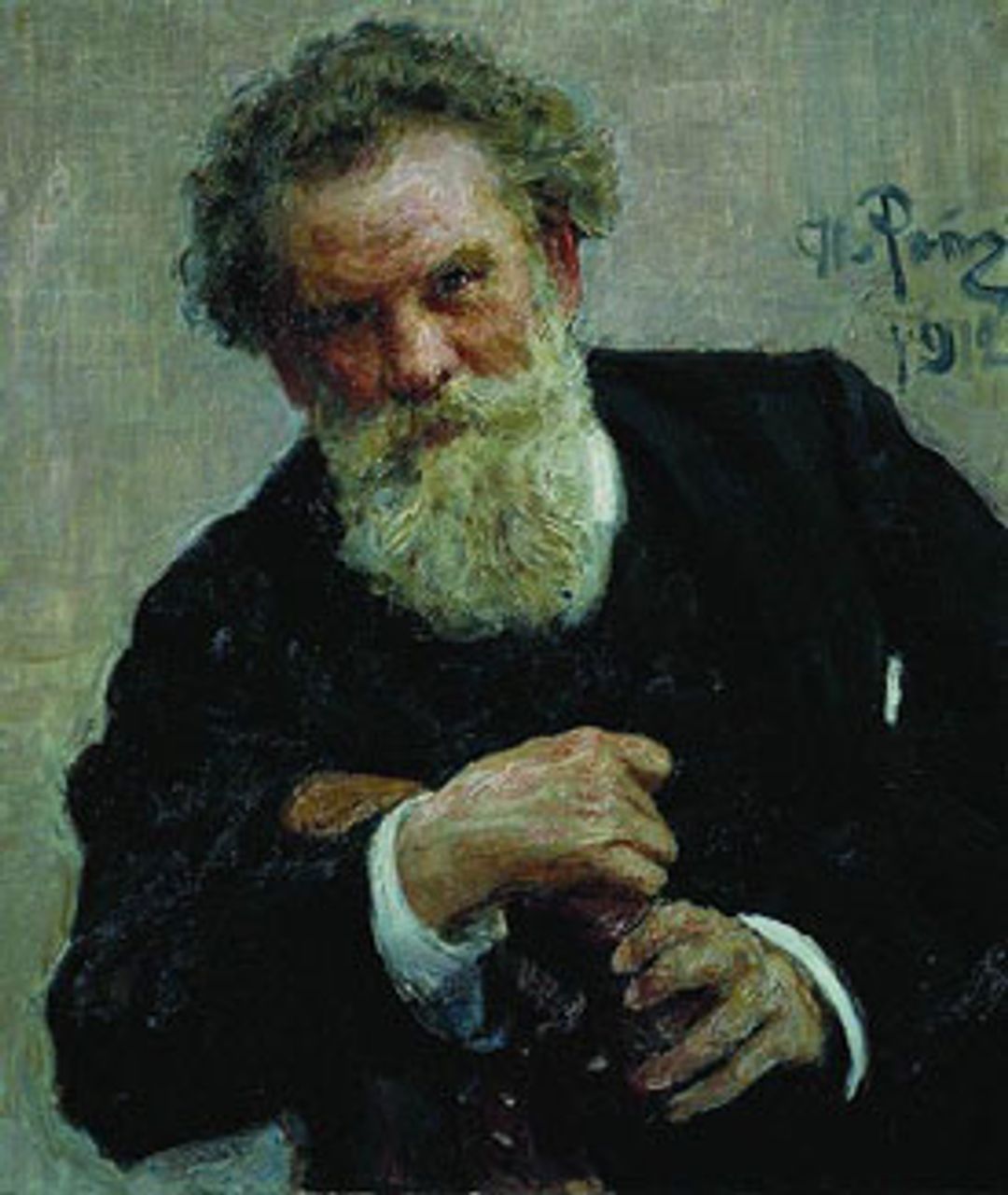This Week in History provides brief synopses of important historical events whose anniversaries fall this week.
25 Years Ago | 50 Years Ago | 75 Years Ago | 100 Years Ago
25 years ago: Italian intelligence official indicted for 1980 Bologna terror attack
 Bologna rail station after 1980 terror bombing
Bologna rail station after 1980 terror bombingA former high-ranking member of a secretive branch of the Italian intelligence apparatus, Francesco Pazienza, was indicted for the 1980 terrorist bombing in the central Bologna railway station that killed 85 people, the New York Times reported on December 13, 1985. Pazienza was then being held in a New York prison for embezzling $200,000 from an Italian bank.
The indictment, handed down two days earlier in Bologna, also named Licio Gelli, the head of a powerful anti-communist Masonic lodge named P2, and Stefano delle Chiaie, a notorious fascist terrorist. The indictment held that the conspirators had attempted to pin their murderous act on the left wing.
P2 controlled one of Italy’s most important newspapers, Corriere della Sera, had murky ties to the Vatican and the mafia, and included among its members Silvio Berlusconi and Victor Emmanuel, the exiled son of the former king of Italy, as well as powerful military figures in Argentina and Brazil.
Pazienza, a physician, in 1980 and 1981 headed up a special espionage unit known as the Information and Military Security Service. Days before the Bologna indictment, he was interviewed by an Italian judge in relationship to the attempted assassination of Pope John Paul II in 1980. The would-be assassin, Mehmet Ali Agca, said that Pazienza and other agents visited him in prison and convinced him to implicate Bulgarian secret service agents for organizing the assassination attempt.
The tight links between Pazienza and the Italian spy agencies, on the one hand, and extreme right provocateurs, on the other, was a demonstration of the fragility of bourgeois democracy in Italy. Powerful elements in the state—and behind them, in the Italian ruling class—longed for a return to authoritarian forms of rule as had prevailed under Mussolini and more recently in Latin America and other southern European countries—Spain, Portugal and Greece. (See “How governments, bankers, secret services, Masonic lodges, the Vatican and the Mafia impacted international politics in the 1970s and 1980s”)
50 years ago: Israel claims atomic research “directed exclusively to peace purposes”
 US intelligence image of Israeli reactor
US intelligence image of Israeli reactorThis week in 1960, Israel vigorously denied claims that it was working toward building atomic weapons, rejecting assertions made by US officials to the media that France had helped it to build a reactor capable of producing weapons-grade plutonium.
Central Intelligence Agency (CIA) and State Department officials briefed members of the Congressional Atomic Energy Commission at a closed-door hearing on the development of Israel’s atomic weapons program on December 11. The hearing, which was held in the “strictest secrecy,” according to one account, also dealt with concerns that China would soon develop atomic weapons.
Israeli officials denied knowledge of the construction of a reactor near Beersheba, but US intelligence officials were well aware of its development and leaked their concerns to the media. They were also certain of French involvement. France and Israel had cultivated close relations since the failed attack on Egypt in 1956, which Washington opposed.
One intelligence official told the New York Times he believed Tel Aviv might have atomic weapons within two-and-a-half years, and that this might “embolden Israel into new ventures” against its neighbors.
75 years ago: LSSP founded in Ceylon
 The Lanka Sama Samaja Party (LSSP)—the Ceylonese Equal Society Party—was founded on the 18th of December 1935 in the then-British colony of Ceylon. Prior to the formation of the LSSP, a Sinhalese word for socialism did not exist. Colvin R. de Silva was elected president at the inaugural meeting and Vernon Gunasekera the party secretary.
The Lanka Sama Samaja Party (LSSP)—the Ceylonese Equal Society Party—was founded on the 18th of December 1935 in the then-British colony of Ceylon. Prior to the formation of the LSSP, a Sinhalese word for socialism did not exist. Colvin R. de Silva was elected president at the inaugural meeting and Vernon Gunasekera the party secretary.
In 1933, a number of Ceylonese intellectuals had formed the “T-group,” named after Leon Trotsky, whose political thought they had encountered while studying abroad, mainly in London. De Silva, N.M. Perera and Philip Gunawardena were early members.
Addressing its aims to the entire Indian subcontinent, the LSSP demanded independence from the United Kingdom, the establishment of socialism and the abolition of inequalities arising from ethnicity, caste or religious affiliation. Seven months after its founding, the LSSP began publication of a Sinhalese-language newspaper called Kamkaruwa (Worker). A Tamil-language weekly entitled Samatharmam followed in 1938.
Politics in Ceylon had been the preserve of the English-speaking elite. Workers and peasants were expected and encouraged to vote strictly along communalist lines in largely symbolic elections. Through relentless campaigns, the LSSP succeeded in bringing socialist politics into the homes and workplaces of the Ceylonese workers and peasants.
By 1936, Philip Gunawardena and N.M. Perera had won seats in the State Council, where they propagandised on behalf of the island’s oppressed masses. The colonialist administration soon granted a number of reforms in a bid to head off the mounting popularity of the LSSP.
100 years ago: Russia censors suppress exposé of czarist “justice”
 Korolenko
KorolenkoThis week in 1910, czarist authorities seized and suppressed an article written by the well known Russian-Ukrainian author Vladimir Korolenko for a monthly newspaper exposing horrifying examples of the drumhead justice meted out to the population by the czar’s army judges.
One of the cases detailed by the article, which was entitled “Features of Military Justice,” recounted the story of a certain Yusupov, whose life had been spared earlier through the intervention of Korolenko.
Yusupov had been condemned to death for a crime he did not commit. After a neighbor appealed to Korolenko, one of the more popular Russian novelists, Korolenko used his reputation to secure another hearing for the man, who was barely saved from the gallows. After newspapers reported the reversal, crowds of people entered the prison where Yusupov was imprisoned, unchained him and allowed him to return to his wife and child.
The story did not end there. As it turned out, some time before being freed, Yusupov—innocent of all crimes—and two other prisoners had attempted to escape. For this crime, Yusupov was again apprehended and this time hung.
The article recounted other instances of czarist judges and investigators manipulating and inventing evidence, or using hearsay evidence gathered from paid spies, in order to achieve convictions and death sentences. The purpose of the legal system, it was clear, was to terrorize the population.
